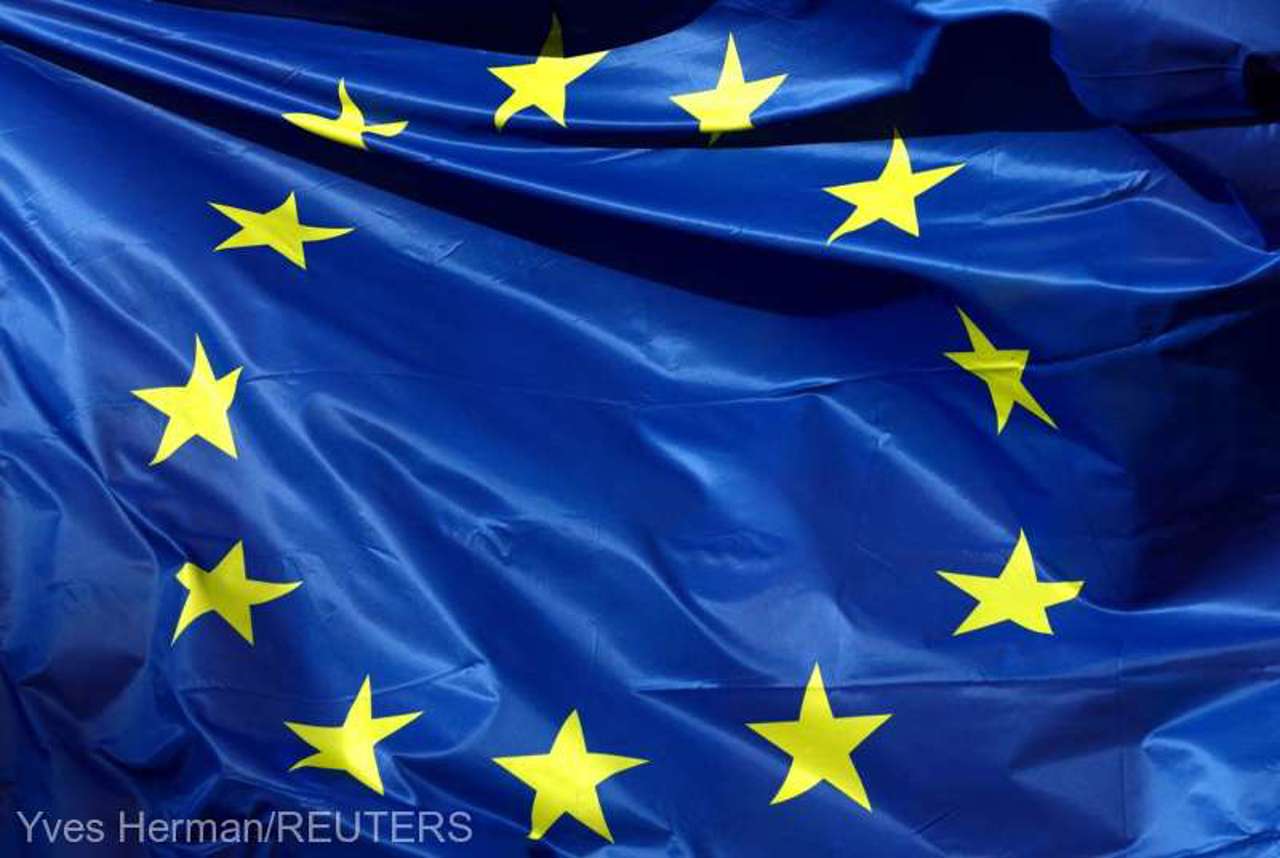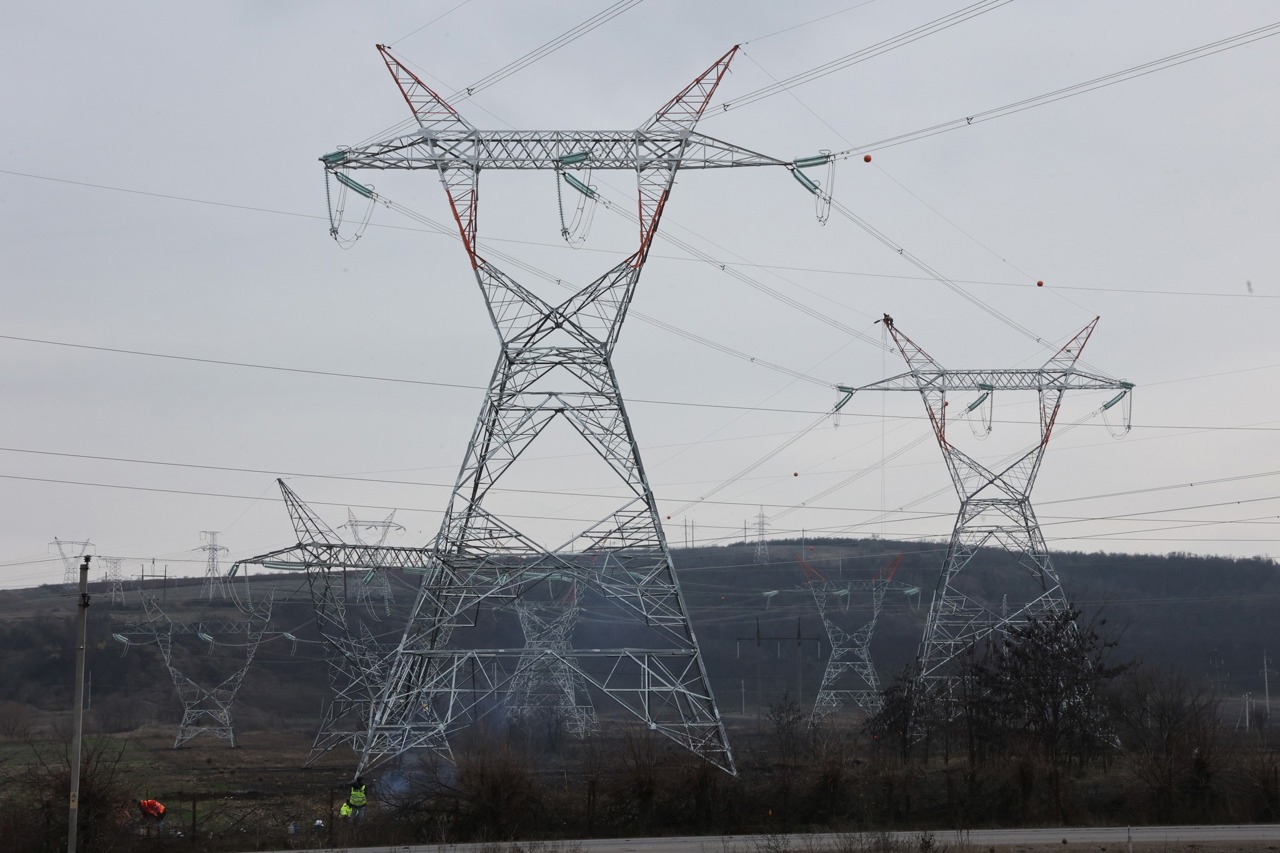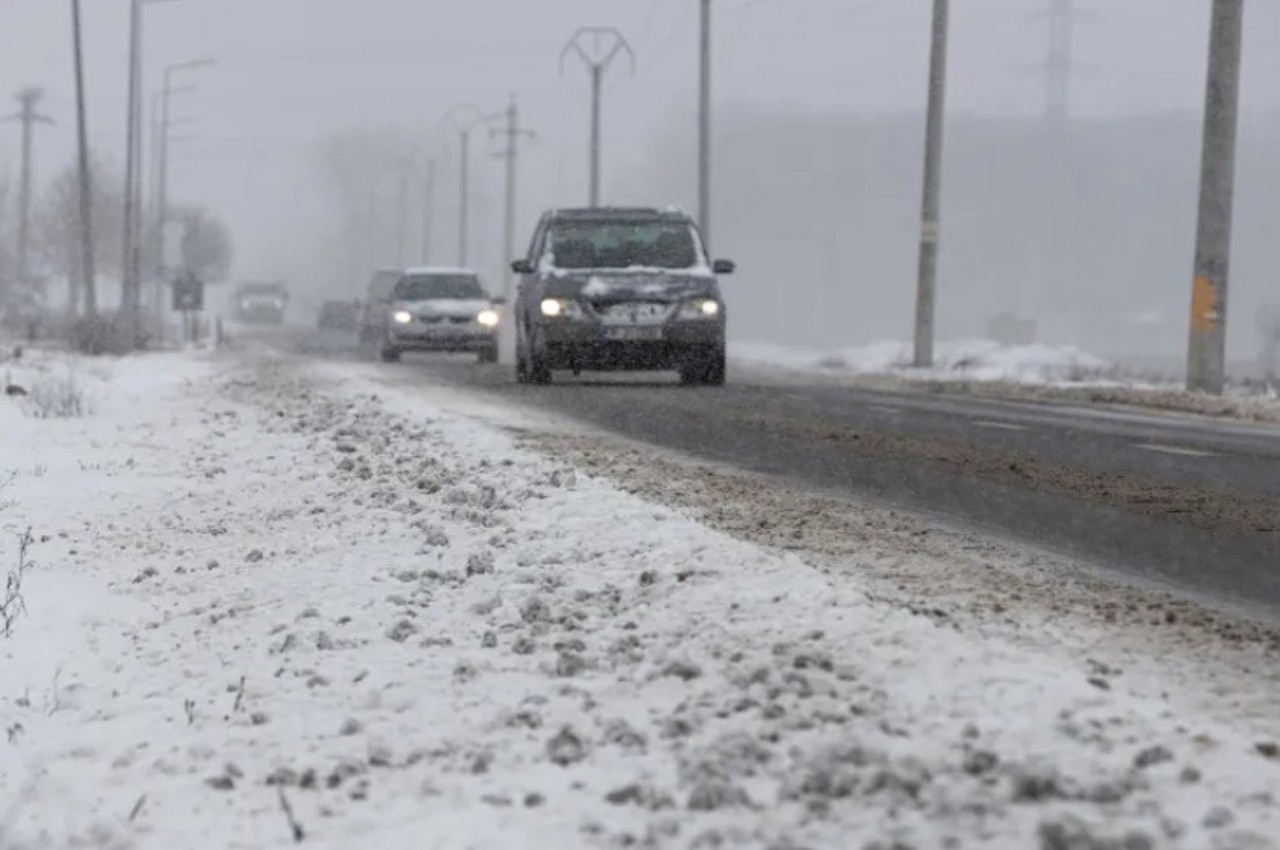EU Interior Ministers convene: Migration, security, and drug policy on agenda
EU Interior Ministers are gathering on Thursday for an informal meeting at the Egmont Palace in Brussels, marking their first assembly since Belgium assumed the rotating presidency of the EU Council on January 1, reported by Agerpres.

The agenda of the meeting includes a strategic discussion on migration, following the recent political agreement on the European Pact on Migration and Asylum. Despite the agreement, concerns persist regarding the high number of asylum applications, low return rates, and the need to implement migration policies within the existing legal framework.
The European Commission will provide an update on the migration situation in the EU and the main migration routes, followed by the presentation of views by the Belgian EU Council Presidency, in cooperation with the Commission, regarding the December agreement on the EU migration and asylum system.
Subsequently, there will be an update on the external dimension, focusing on partnerships with third countries.
Another topic on the agenda is the situation of individuals who arrived in the European Union after being forced to leave Ukraine due to the unprovoked and unjustified aggression launched by Russia against the neighboring country on February 24, 2022.
The EU response has been unprecedented, with a key component being the unanimous decision of member states to activate the Temporary Protection Directive. This directive grants beneficiaries not only temporary legal residence rights in the member states providing protection but also access to the labor market, education and healthcare systems, social assistance, and housing. The directive has been automatically extended twice by six months, until March 4, 2024. On October 19, 2023, the Council adopted a decision to extend temporary protection until March 2025, on the same legal basis.
During the working lunch, ministers will address the issue of disinformation and the use of artificial intelligence by criminal groups.
In the afternoon session, participants will discuss a comprehensive response to drug-related crimes. Drug trafficking poses one of the most serious challenges to internal security facing Europe today, and the scale of this serious phenomenon requires strong and sustainable action, both at European and global levels.
EU Interior Ministers have addressed this issue from various perspectives over the past year, and the Belgian EU Council Presidency intends to keep this topic on the agenda. The discussion will build upon the EU Drug Strategy and its accompanying action plan for 2021-2025, as well as the EU Strategy to Combat Organized Crime for 2021-2025.
Translation by Iurie Tataru





